Governor Gretchen Whitmer announced a $1.2 million investment in veteran suicide prevention programs, improving the health and well-being of Michigan’s more than 550,000 military veterans and their families. This represents the largest investment in veteran suicide prevention outreach since at least the year 2000 and likely the largest in Michigan history according to available data. The investment was announced today following a roundtable discussion with veterans and veteran advocates attended by Lt. Governor Garlin Gilchrist II and Michigan Veterans Affairs Agency (MVAA) Director Zaneta Adams.
“Veteran suicide remains a persistent problem in Michigan and nationwide, and we must use every resource and tool we have to protect the lives of our former service members,” said Governor Whitmer. “Today’s investment will expand funding for suicide prevention efforts in Michigan and build on the ongoing efforts of the Michigan Veterans Affairs Agency to keep veterans and their families safe and healthy. In the last bipartisan budget I signed, we made the largest investment in veteran suicide prevention in over 20 years because the brave men and women who fought for our country deserve our strong support in both our words and actions. I will work with anyone to ensure that they have high-quality mental and physical health care and economic and educational opportunities. Let’s keep delivering for our veterans and their families.”
“Michigan veterans are the best of us, and we owe our best effort and investment to support themand their families,” said Lt. Governor Garlin Gilchrist II. “This funding is a step forward in our efforts to end tragic suicides among Michigan’s veterans and build a Michigan where every veteran and their family can find opportunity, access healthcare, and thrive. Governor Whitmer and I are grateful for the partnership of the MVAA in funding this holistic approach to connecting veterans with resources and we are committed to continuing to Stand Tall for veterans in Michigan.”
“The funding will support the ongoing efforts of the Governor’s Challenge to Prevent Suicide among Service Members, Veterans and their Families,” said MVAA Director Zaneta Adams. “Effective veteran suicide prevention strategy involves a holistic approach. We know that connection to health care and other resources reduces suicides for veterans, so when we help a veteran with housing needs or emergency grant assistance, we are part of the prevention. But we need help from everyone. From barbershops to banks to schools to hospitals to churches, we should all take part in preventing suicides among veterans and their families through the Michigan Veteran Connector initiative.”
According to the latest available data from the U.S. Department of Veterans Affairs (VA), 704 Michigan veterans died by suicide from 2016-19, an average of 176 suicides annually over four years.
The issues that can start a veteran spiraling toward crisis include housing and employment challenges, substance abuse, and lack of mental health supports for combat PTSD. A critical first step is getting our former service members to identify as veterans and understand the benefits and resources that are available to them. The MVAA, through its new Michigan Veteran Connector initiative, will connect with organizations and businesses across the state in hopes of getting their help in reaching veterans. By simply asking customers if they served in the military and, if so, referring them to the MVAA’s 1-800-MICH-VET hotline, these Veteran Connectors can ultimately help veterans get linked to the resources they need to thrive.
Another way the MVAA and Governor’s Challenge is addressing veteran suicide is by stressing safe gun storage and free gun locks through the VA. Nearly 70% of veteran suicides are the result of firearm injuries. In addition, the suicide prevention team is promoting the VA’s easy-to-remember new Crisis Line number; veterans can now simply dial 988 and press 1 to be connected to a crisis counselor.


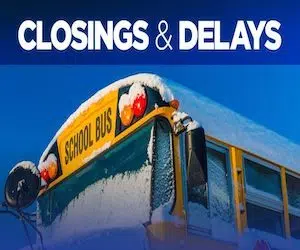








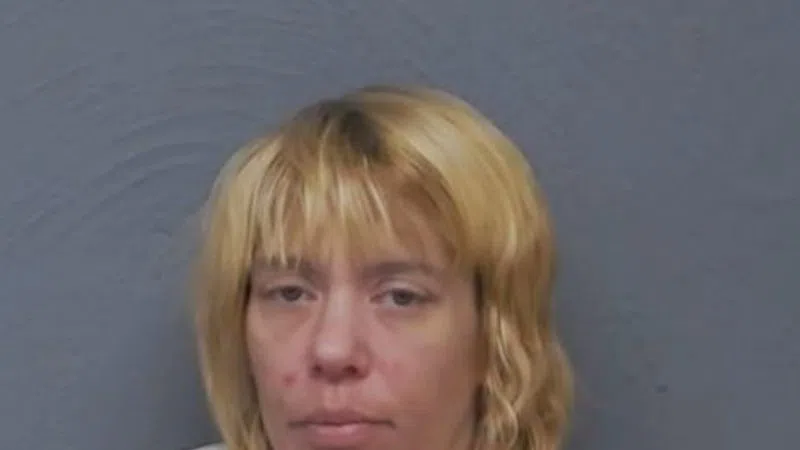
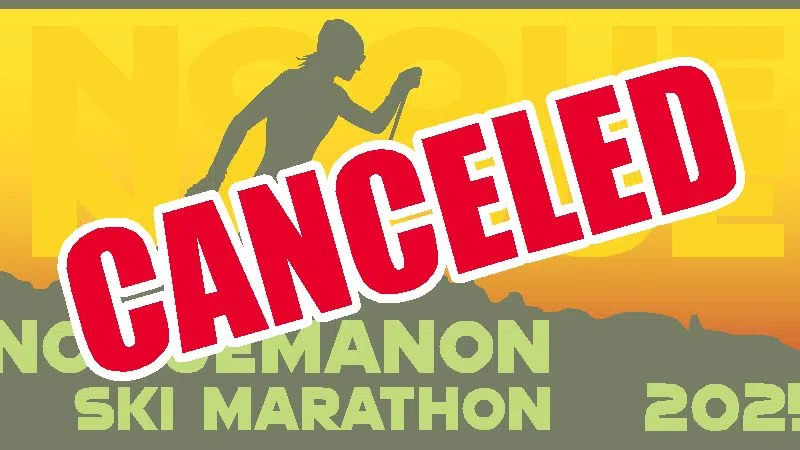



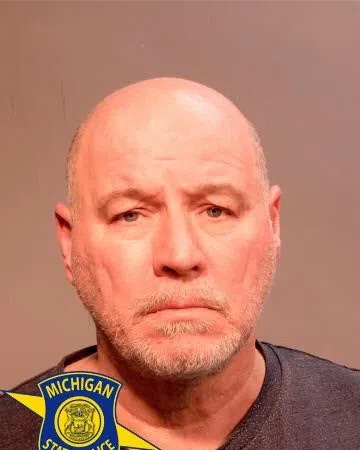
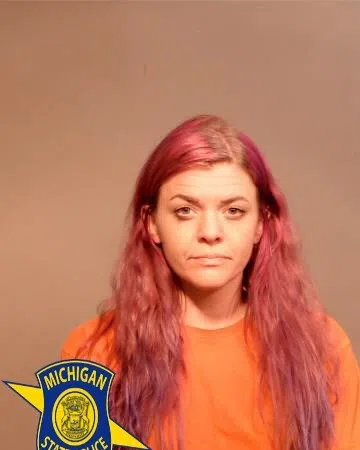
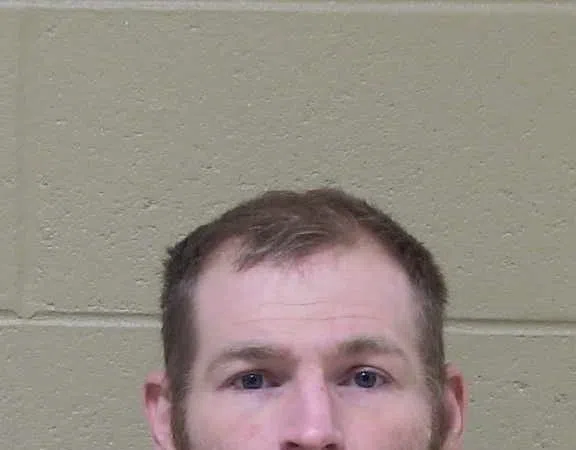
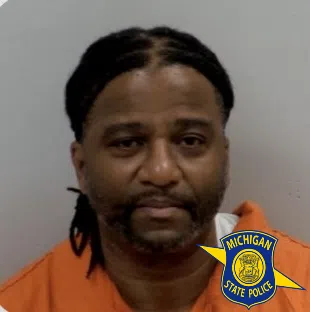



Comments